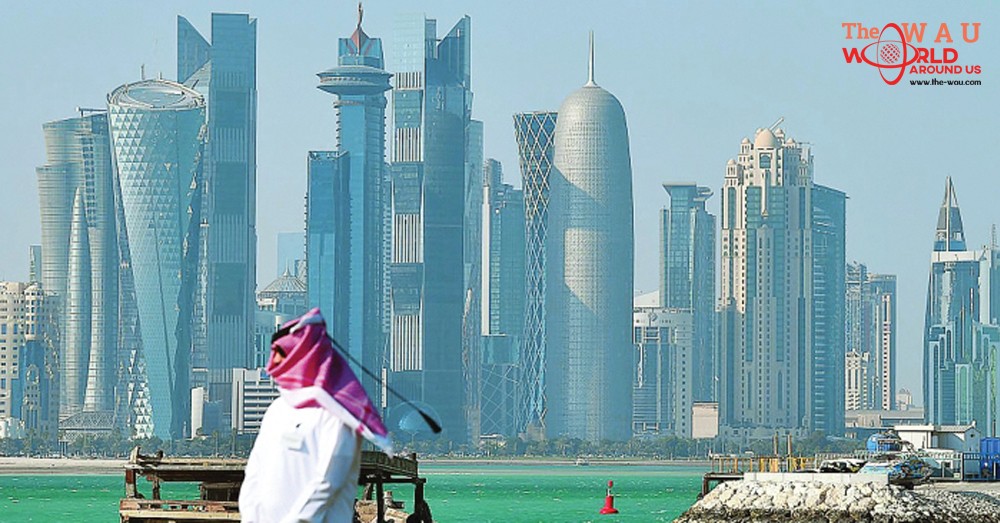Qatar’s economy has performed remarkably well despite the challenges of the blockade, according to a survey conducted by Qatar University.
The study titled ‘Blockade on Business: A Survey of Qatar’s Financial and Industrial Firms’ focused on the industrial and financial sectors, using the best scientific research methodology, to identify the initial and ongoing effects of the blockade on the functioning of the companies, as well as their outlook for the future.
According to the survey, the opinion of financial companies was more positive about the impact of the blockade than industrial companies, with 69 percent of financial companies stating that the impact of the blockade on business revenues was ‘neutral’ and, conversely, only 22 percent of industrial companies said their revenues remained the same as before the blockade.
Qatar’s economy picks up pace in Q1, GDP to grow at 2.6% in 2019
Qatar’s economy is likely to have grown faster in the first quarter of this year than the previous one, said a new report that predicts the country’s GDP to grow at 2.6 percent this year and 2.8 percent in 2020.
“Economic growth should accelerate this year, buttressed by higher hydrocarbon production, higher oil prices and infrastructure projects related to the 2022 World Cup,” the report said.
However, it added, geopolitical tensions with neighbours and volatile energy prices threaten the outlook.
The economic acceleration in the first quarter follows the weakest expansion in nearly a decade in Q4 2018, FocusEconomics said in its economic forecast report for the MENA region for May.
Qatar’s Q1 growth seems significant when compared with that of Saudi Arabia and the UAE, the report shows.
Economic growth likely decelerated sharply in Q1 2019 as Saudi Arabia continued to over-deliver on its oil productions cuts, it said, adding that in March, the Kingdom pumped below 10 million barrels per day for the first time in nearly one year.
UAE, it said, likely posted a somewhat subdued performance in the first quarter of the year.
The purchasing manager’s index (PMI) for the non-energy private sector averaged higher in the first quarter than in the previous quarter, with new business orders driving the expansion, it said.
“Moreover, industrial production performed well above Q4’s average in year-on-year terms in the first two months of the year on the back of robust dynamics in the mining and quarrying sector.
Despite remaining at relatively low levels, the report said Qatar’s real estate index grew throughout the first quarter, suggesting the real estate market is slowly stabilising.
In addition, private sector credit growth grew steadily in year-on-year terms in Q1, which, coupled with subdued price pressures, should have supported household spending, it said.
Consumer prices fell 1.2 percent year-on-year in March (February 1.4 percent). Low food prices and a flailing housing market have muted price pressures in recent months.
Going forward, the report said, price pressures will likely pick up on stronger economic activity.
Share This Post















